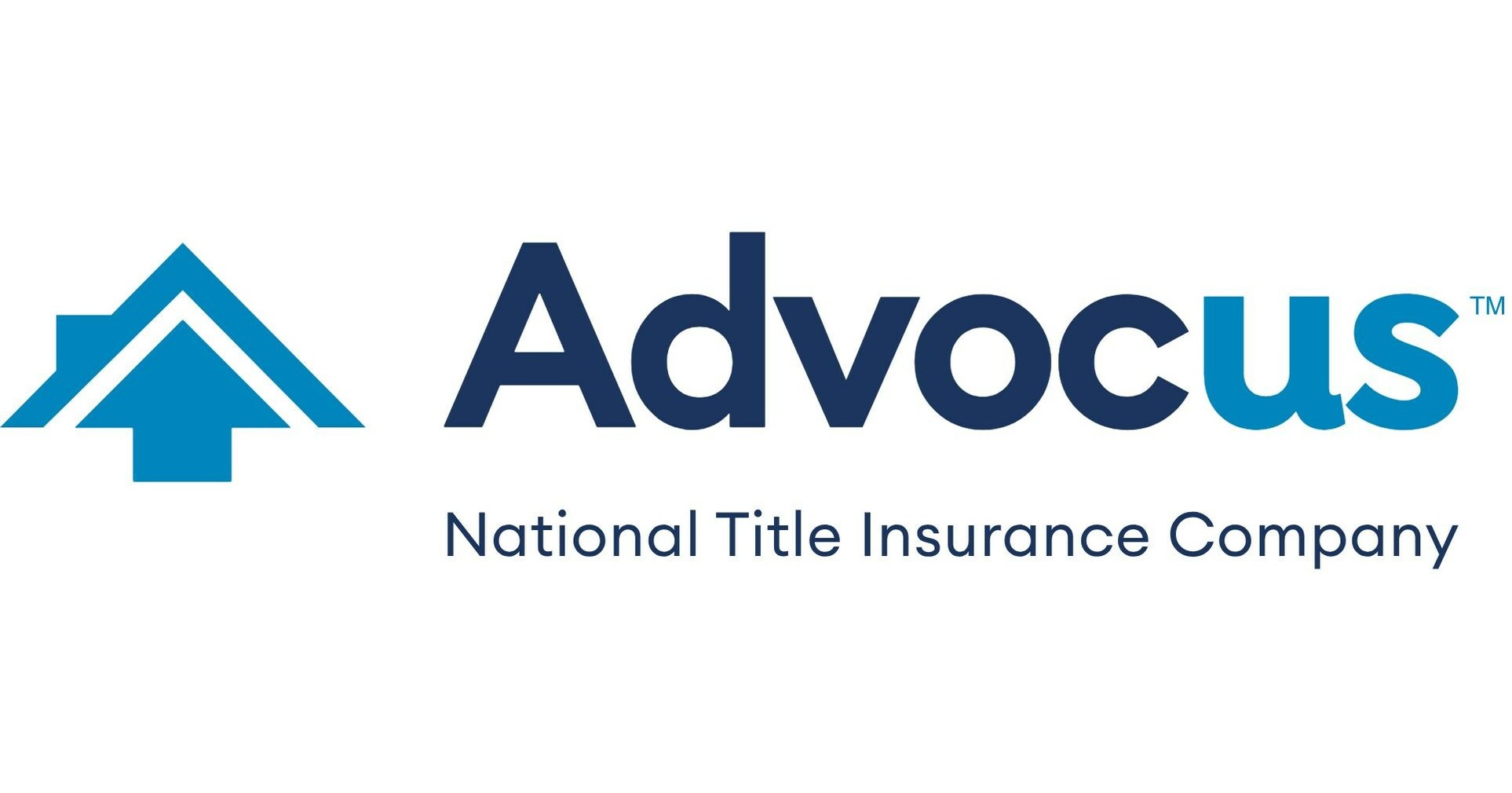
February
21
Advocus CLE Course
Marty Edwards and Matthew Douglas will be presenting a 1-hour CLE course on behalf of Advocus National Title Insurance Company, formerly Attorneys’ Title Guaranty Fund, Inc. (ATG), for both Illinois and Wisconsin continuing legal education credits.
This course will discuss solutions to common situations that can arise during your clients’ Internal Revenue Code Section 1031 states that "no gain or loss shall be recognized on the exchange of property held for productive use in a trade or business or for investment if such property is exchanged solely for property of like kind which is to be held for productive use in a trade or business or for investment." 1031 Exchange transactions. Gain a better understanding of how to handle and solve these occurrences.
We will explore these topics:
- Personal Use Properties and Internal Revenue Code Section 1031 states that "no gain or loss shall be recognized on the exchange of property held for productive use in a trade or business or for investment if such property is exchanged solely for property of like kind which is to be held for productive use in a trade or business or for investment." 1031 Exchange : Converting personal residence, or personal use property (e.g., a vacation home), into exchange-eligible property and vice versa.
- Exchanges Straddling Two Tax Years: Effects of beginning an exchange late in the year, i.e., tax-year straddles.
- Seller Financing in Internal Revenue Code Section 1031 states that "no gain or loss shall be recognized on the exchange of property held for productive use in a trade or business or for investment if such property is exchanged solely for property of like kind which is to be held for productive use in a trade or business or for investment." 1031 Exchange s: Requirements that must be met when seller financing is involved when Exchanger is acting as Seller or Buyer.
- Seller Financing in Reverse Exchanges: Requirements for lending; problems with getting the Those certain items of real and/or personal property qualifying as “replacement property” within the meaning of Treasury Regulations Section 1.1031(k)‑1(a) and either: (a) received by the taxpayer within the designation period in accordance with Treasury Regulations Section 1.1031(k)‑1(c)(1) or (b) identified in a written designation notice signed by the taxpayer and hand delivered, mailed, telecopied or otherwise sent to the qualified intermediary before the end of the designation period in accordance with Treasury Regulations Sections 1.1031(k)‑1(b) and (c). The definition of “replacement property” shall not include property the identification of which has been revoked by the taxpayer in accordance with Treasury Regulations Section 1.1031(k)‑1(c)(6); (“New Asset”) Property or properties properly received by a taxpayer as part of a 1031 exchange. Replacement Property financing set without regard to the LLC being the borrower.
- Parking Exchange Overview, including:
- Parking the Replacement Property vs. the Those certain items of real and/or personal property described in the relinquished property contract and qualifying as “relinquished property” within the meaning of Treasury Regulations Section 1.1031(k)-1(a); The "Old Asset”, property or properties given up or conveyed by a taxpayer as part of a 1031 exchange. Relinquished Property
- Build-to-Suit/Improvement Leasehold Improvement
- Traditional vs. Bartell Style “Non- A safe harbor generally refers to a fact situation where under traditional tax or legal principles the proposed transaction, or part of a transaction, would be prohibited. If an otherwise prohibited transaction can be structured pursuant to an IRS promulgated safe harbor, the IRS agrees not to challenge the structure as to form. Safe Harbor ” Transactions
